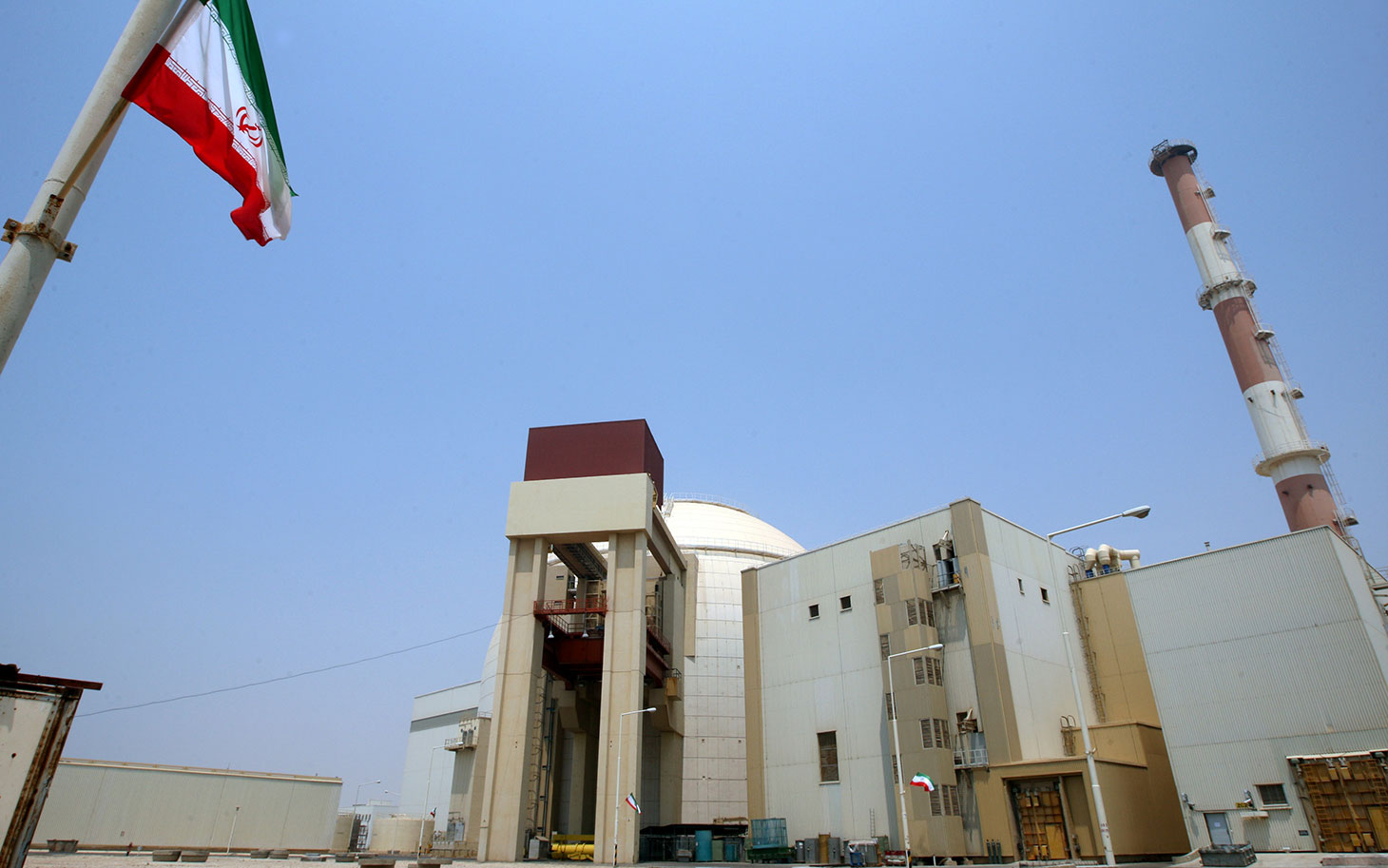‘Nuclear deal’ may raise volatility in U.S.-Israeli relations

By Laman Sadigova
Iran's willingness to make an initial deal with the West was received and understood very differently by parties across the global political elite. The main subject of contentious being the effect such an Iranian deal would and could have on the U.S.-Israel relations.
The Iranian government agreed to conclude a deal with the European Union and P5+1 - the U.S., UK, France, China, Russia plus Germany - after a series of sanctions against Iran crippled its economy - mainly its energy and financial sectors -
The United Nations Security Council has adopted six resolutions since 2006 calling on Iran to stop the beneficiation of uranium which can be used to build nuclear bomb. There are no exact comments about the negotiations taken place in Monteux but it is known that no visible progress has been reached there. Talks on Iran's nuclear program are nearing a critical late-March deadline for an outline agreement to be reached.
Israeli Prime-Minister Benjamin Netanyahu, in his address to Congress made clear that he is not in favor of any deal what so ever when it comes to Iran and Iran's nuclear program. At the U.S.-Israeli Public Affairs conference he made sure to reiterate his views, stressing on the threat, he feels, Iran represents toward Israel.
Netanyahu calls the deal a ‘bad deal’, adding that there is no way a settlement can be reached.
He also warned that a deal with Iran would actually ‘pave the path to Tehran acquiring nuclear weapons’. This statement was addressed to the U.S. congress. Israel calls to set in place further sanctions against Iran even before the deadline is reached.
Iran already warned the world that it would interrupt all negotiations should new sanctions be rolled out against its people. The White House and State Department both called sanctions counterproductive and recommend it that patience be exerted until after the end of all negotiations.
U.S. President Barack Obama's willingness to strike a deal with Iran led Israeli officials to strongly criticize Washington, to such a point where experts have warned that bilateral relations could suffer.
The so-called ‘bad deal’ can save Iran’s economy and stop Western countries from feeling anxious toward Iran's nuclear ambition.
Obama said, there is no good reason not to negotiate with Iran’. Netanyahu is not very happy with this position. And though the U.S. has been Israel’s ally for many years things could change.
The deal presents drawbacks as well as visible disadvantages. For instance, Iran’s ruling clerics could break out the agreement at any given moment. Under the agreement Iran will envisage a 10-year cessation of nuclear development. Should this happen, Iran could indeed become the nuclear Islamic country with radical views the West is so worried about. Although such statement by Israel was quite expected, experts have not been able to predict Obama’s answer.
The U.S. President finds himself in a bit of a conundrum as he will try to navigate difficult waters, while not upsetting his tactical allies. While being in counteraction with Congress about negotiations with Iran, Obama will unlikely push for a quick resolution with Iran either. In this situation Barack Obama needs to choose the least risky way to solve this particular problem, namely upsetting Israel. Will Obama choose to be remembered as the one president who managed to broker an alliance with Iran to the cost of Israel or will he prefer the current status quo and risk endangering stability in the Middle East and Asia?
Member of the Senate Committee on Foreign Affairs of France, Nathalie Goulet believes that the Western world should have a single position to reach a consensus in order to negotiate with Iran. However, is there any opportunity to reach a consensus when Israel calls Iran a danger for the whole world and Europe remains on the fence as to enter real meaningful negotiations?
